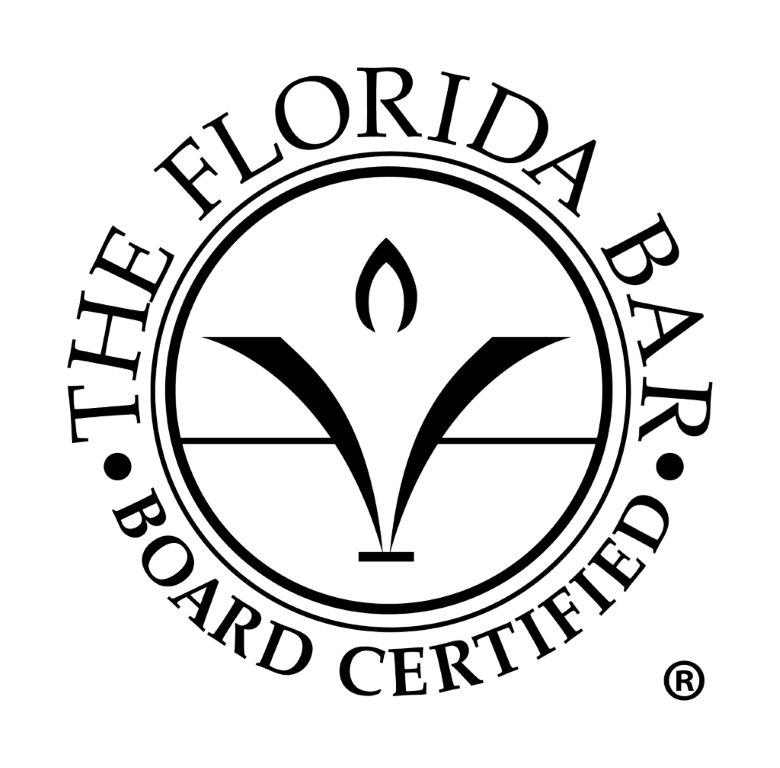
It is during the holiday season that many families find time to come together. As children become adults, the likelihood increases that they will move away and, ultimately, settle in a different part of the nation. During the holidays, however, many adult children make time to travel and spend the holidays with their aging parents.
While the holiday visit will be filled with merriment, stories, and shared experiences, if you are an adult child coming to visit your aging parents do not forget to take the time to check-in on how they are doing. As we age, life can become more difficult. Many Older Americans find themselves struggling with daily responsibilities that used to be easier and also face isolation and depression. Schedule time now to talk about what your parents need from you together with thinking about a future that might include long-term care.
Often, we find that the best insight into how an older loved one is doing, comes from observation. While you are physically together you can evaluate for yourself how it seems your parents are managing. Let us share a few signs to watch for that you can use now or any time you visit.
- Health changes. Most health changes are a normal part of the aging process. You want to make sure, however, that your parents are seeing their doctor regularly and their specialists when they need them. Do not wait to ask your parents what changes have happened this year and, overall, how they are feeling. Be sure to check on their medicines, as well, to ensure that there are no duplicate prescriptions, expired medicines, or that they are having difficulty taking them.
- Increased confusion. While a little bit of confusion is a normal part of the aging process, you know your parents best. Do they seem more confused or scattered than normal? Is forgetting where they placed their keys a daily occurence now? Do they forget the names of family members? Spend time evaluating both short and long term memory in your discussions with them while you are together.
- Driving issues. How well do your parents drive now? Often, for Older Americans, driving can be become more difficult as they age. Be sure to take at least a few rides with them during the day and at night to assess for yourself. Remember that it is not just about the driving itself. You also want to evaluate their reaction time, observation skills, and overall comfort level.
- Financial changes. Although it can be difficult to have a conversation about money, ask your parents about their finances. Unfortunately, many seniors can fall victim to financial predators or be more likely to believe a scam artist. Ask them where their accounts are held and if they need any help. It is better to ask now than deal with any threats, loss or frustration in the future. Plus, inquire into who is the agent under their durable power of attorney so you may know who is in charge of paying bills in a crisis.
- Decline in activities of daily living. There are tasks each day that we need to be able to complete to live safely and well. These activities of daily living can include getting out of bed, cleaning ourselves, and preparing food. How are your parents doing when it comes to completing tasks such as making breakfast or cleaning the house? Do not wait to ask them what help they need.
We know how hard it can be to have this conversation with your aging parents during the holidays, or at any time during the year. Do not wait to contact us with your questions. We welcome the opportunity to assist you and your parents address these challenges and plan for the future.







